
Here's what's coming up this week on Contemporary OB/GYN®
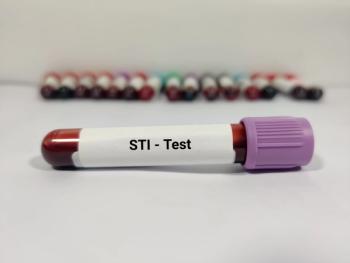
Not only are chlamydia and gonorrhea 2 of the most common sexually transmitted infections (STIs) in the United States, but people are being diagnosed with them at a higher rate than ever before, according to the Centers for Disease Control and Prevention (CDC).

Early exposure to peanuts has been shown to reduce the risk of peanut allergy. Is the same true with cow's milk?

CRISPR gene-editing technology holds the potential to usher in a new age in medicine, according to a featured speaker at the North American Menopause Society Annual Meeting, being held this week in Washington, D.C.

Cardiovascular disease (CVD) remains the leading cause of morbidity for women in the United States. Prior to the update in 2020, published in the Journal of the American College of Cardiology, there had been no formal guidelines from the American College of Cardiology (ACC)/American Heart Association (AHA) specifically addressing CVD in women since 2011.

When a woman goes through menopause, she is at accelerated risk for cardiovascular disease (CVD), according to the 2020 statement on menopause and CVD risk from the American Heart Association (AHA).

Many women gain weight during menopause. Aging and lifestyle are the main factors, and women generally become less active as they go through midlife. At any age, it is known that burning fewer calories increases weight and fat mass. But what can providers do?

Rebecca Thurston, PhD, explains clinical research and strategies for undermining the power of vasomotor symptoms and insomnia to interrupt sleep.

“Don’t it always seem to go, that you don’t know what you’ve got ‘til it’s gone.” Samar R. El Khoudary, PhD, MPH, used Joni Mitchell’s popular song lyrics to introduce the crowd to her session, “Health is Where the Heart Is,” which addressed the connection between heart health and menopause.

Listen for influencer Jen Lincoln, MD, IBCLC's advice and perspective on why you should be on social media. Plus, how to get started at your institution.

Holly Wyatt, MD’s session, "The Tao of Wellness," kicked off the North American Menopause Society’s (NAMS) 2021 Annual Meeting. It was the springboard for the Utian Translational Science Symposium, themed “Charting the Path to Health in Midlife and Beyond: The Biology and Practice of Wellness.”

Check in throughout the week for the latest coverage from the North American Menopause Society’s (NAMS) Annual Meeting, which is being held Sept. 22-25 in Washington, D.C.

This week, Contemporary OB/GYN® will be covering the North American Menopause Society’s (NAMS) 2021 Annual Meeting, which is taking place Sept. 22-25 in Washington, D.C. We spoke with NAMS President Hadine Joffe, MD, MSc about wellness at midlife and why it is crucial in menopause.

Here's what's coming up this week on Contemporary OB/GYN®.

It was a busy week for the Contemporary OB/GYN® team.

While texting can make things a lot easier (and more profitable), it can also be easy to unknowingly violate HIPAA regulations.

Skin-to-skin contact, sometimes called "kangaroo care," is a cheap, effective intervention to improve outcomes in preterm and low-birthweight infants.
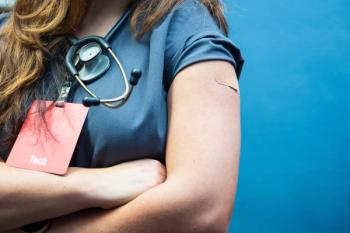
On Sept. 9, President Biden announced a widespread vaccine mandate for all health care workers.

Introducing Contemporary OB/GYN® Editorial Advisory Board member, Sarah J. Kilpatrick, MD, PhD.
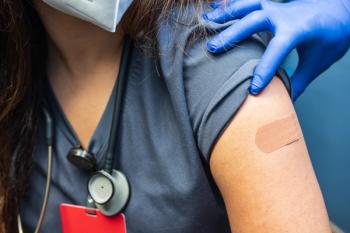
The announcement is part of a slate of new vaccine mandates announced Sept. 9.
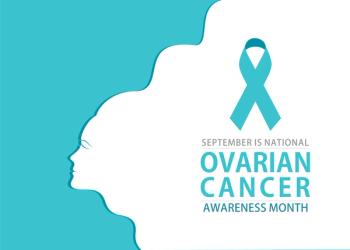
The official declaration means more funding for research initiatives.

As parts of the United States enact tough anti-abortion legislation, Mexico’s Supreme Court sets its own precedent.

Here's what's in store this week on Contemporary OB/GYN®:

A new study suggests that reducing burnout requires an organization-level response — creating medical practice cultures that value qualities such as teamwork, open communications and process improvement.

After surgery for pubovaginal sling and possible cystocele and repair cystoscopy, the patient alleges that positioning caused neurologic injury.
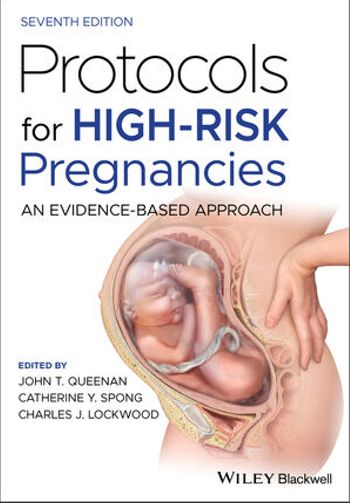
In this protocol, Ramsey reviews the health implications of obesity for mother and fetus. The incidence of obesity in the United States has increased dramatically. Of pregnant women in the country, more than half are overweight or obese and 8% or more are extremely obese. As the author notes, excessive gestational weight gain, particularly in women who are already overweight or obese, increases risk of maternal complications such as diabetes, hypertension, and operative deliveries and neonatal outcomes such as macrosomia and stillbirth.

Registration is now open for the Society for Maternal-Fetal Medicine's (SMFM) 42nd Annual Pregnancy Meeting, to be held from January 31 to February 5, 2022, at the Gaylord Palms Resort and Convention Center near Orlando, Florida.

Hear from Jennifer Lincoln, MD, IBCLC, the OB hospitalist and lactation consultant whose TikTok posts have landed her nearly 2.5 million followers about the power of social media in health care.

Among women with opioid use disorder (OUD) at high risk for unintended pregnancy, on-site contraceptive services coupled with financial incentives to attend follow-up visits to assess contraceptive satisfaction was a significantly more effective and cost-beneficial intervention than without incentives or with usual care, according to a prospective randomized clinical trial in JAMA Psychiatry.

"Over the last few months, my personal barometer of success as a physician seems to be directly related to my patients' acceptance--or refusal--of the COVID-19 vaccine," writes Rebekah Bernard, MD.